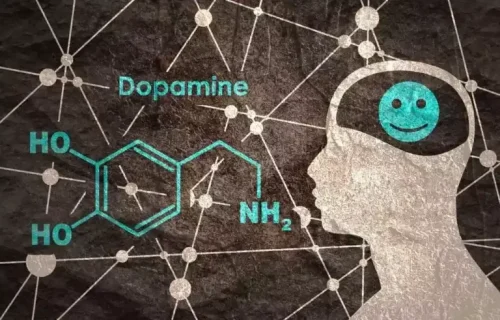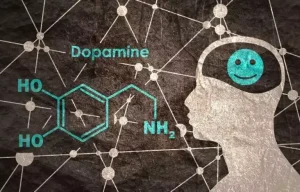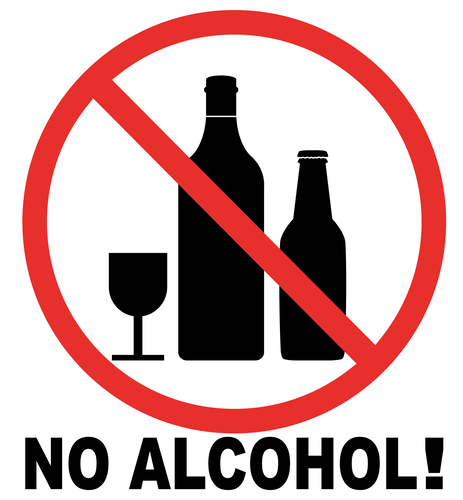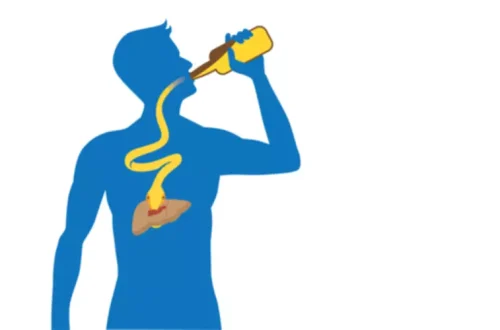Naturally, you may wonder how much alcohol you have to drink to get to that point. The answer depends on your sex, age, body mass, metabolism, the type of alcohol, and more. The cost of excessive alcohol use impacts everyone, whether they drink or not. Knowing what counts as one standard drink can help you figure out how much alcohol you drink and whether it would be considered excessive. Moderate drinking is having one drink or less in a day for women, or two drinks or less in a day for men. Excessive alcohol also affects your actions, which can increase your risk of injuries and death from motor vehicle accidents, drowning, suffocation, and other accidents.
Binge drinking—and heavy drinking—is a type of alcohol misuse (a spectrum of risky alcohol-related steve harwell alcoholism behaviors). Drinking alcohol is so common that people may not question how even one beer, cocktail, or glass of wine could impact their health. Alcohol is a part of cultural traditions all around the world…and it’s also a drug that chemically alters the body. Binge drinking is a type of excessive drinking, where people consume a large quantity of alcohol in a short period of time.
- „These numbers can vary based on the person’s metabolism, size, and weight,“ he says.
- This is sometimes called the „5+/4+ rule“ (5-plus/4-plus rule) of binge drinking.
- How these shifts in bacterial strains, load, and metabolites contribute to organ injury remains to be fully elucidated.
- Genetic, psychological, social and environmental factors can impact how drinking alcohol affects your body and behavior.
- NIAAA Director George F. Koob, Ph.D., said that as of May 2023, the institute is not aware of specific health guidelines on alcohol consumption for transgender or gender-nonconforming individuals.
Drinking in moderation is considered to be consuming two drinks or less in a day for men and one drink or less in a day for women. Heavy drinking is believed to cost the U.S. economy more than $200 billion a year in lost productivity, health costs, and property damage. Because denial is common, you may feel like you don’t have a problem with drinking. You might not recognize how much you drink or how many problems in your life are related to alcohol use.
Researchers
Because of the differences in male and female alcohol metabolism rates, it is possible that greater tissue injury is produced in females who consume alcohol in binge-like patterns. Furthermore, in an aging population already riddled with polypharmacy, there is heightened potential for toxicity during an alcohol binge (Figure 4). Also, pre-existing comorbid conditions such as cardiovascular disease, renal failure, or steatohepatitis may predispose binge drinkers to accelerated tissue injury. Data suggest that even one episode of binge drinking can compromise function of the immune system and lead to acute pancreatitis (inflammation of the pancreas) in individuals with underlying pancreatic damage.
What is binge drinking?
For more information about alcohol’s effects on the body, please visit the Interactive Body feature on NIAAA’s College Drinking Prevention website. For more information about alcohol and cancer, please visit the National Cancer Institute’s webpage „Alcohol and Cancer Risk“ (last accessed June 6, 2024). The support of friends and family is important in the journey to recovery from alcohol use disorder (AUD).
How does binge drinking affect your health?
However, not all reports support the link between consuming a specific beverage type (i.e., wine vs. beer or spirits) and health benefits. Some reports suggest that beverage amount is more directly linked to health outcomes.11,12 The differential contribution of alcoholic beverages to beneficial or detrimental health outcomes remains to be examined in both preclinical and clinical studies. Therefore, dissecting how pattern of drinking and type of alcoholic beverage contribute to overall outcomes is challenging. As far as long-term effects, binge drinking can also lead to internal damage, especially if you’re regularly engaging in binge drinking episodes. Large amounts of alcohol consumed over a long period of time can negatively impact the parts of your brain that deal with judgment, balance and coordination.
Alcohol use disorder
Alcohol use disorder includes a level of drinking that’s sometimes called alcoholism. The less alcohol you drink, the lower your risk for these health effects, including several types of cancer. The main indicator of a binge-drinking episode is having four to five drinks (or more) within two hours.





















